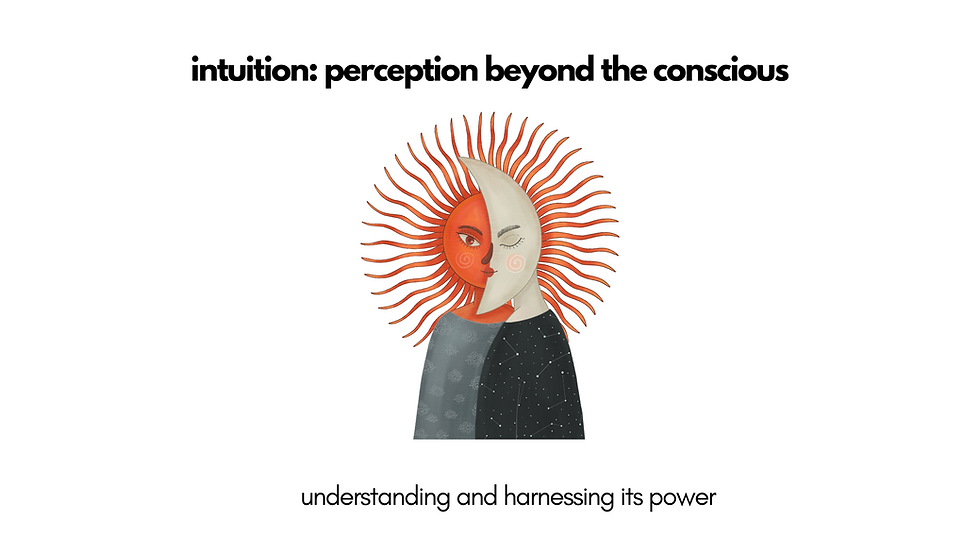resentment doesn’t mean you're a bad practitioner
- Laura Wenger
- May 31, 2022
- 3 min read

One thing that we don’t speak about in the movement/wellness/healing arts world is resentment.
It feels a little weird to even type that out, honestly. Like a dirty secret. But it’s something that I’ve experienced quite a bit personally, as have the other professionals I’ve worked with.
Our role with others often requires us to spend time with others prioritizing their needs over our own.
This is completely appropriate– it’s our clients’ time to take care of themselves, and it’s our role to support them in that process. This means that we’re holding space for their bodies and minds in addition to whatever energetic processes may be coming up for them during that time. In many ways, we’re using our own bodies and psyches as an additional container for anything they’re trying to hold or deal with that may be beyond their capacity.
But what happens when we, as the professionals, aren’t feeling rested, recovered and resourced? In these cases, we don’t have the capacity to handle that other person’s experience in addition to our own. This means we’ll have to suppress our needs or even dissociate from our experience in order to take care of them.
There are definitely times where, despite our best intentions, this is going to happen. Finances or schedules often demand that we work even when we’re not at our best. On a short-term basis, or once in a while, this can be managed. Over a longer period, however, it becomes problematic. If our own needs are not being met, and we are having to take care of someone else’s, then it won’t be long before that shows up as resentment.
Our energetic boundaries are more porous when we are feeling depleted– which means we may end up carrying other people’s “stuff” even after their session ends.
All of this has a profound and cyclical effect. Our energetic boundaries are more porous when we are feeling depleted– which means we may end up carrying other people’s “stuff” even after their session ends. We’re tired, less effective, and more prone to feeling depleted.
Resentment can also be a sign of a crossed boundary–maybe not even one that we’re consciously aware of. We may not feel like we’re being paid enough (a financial boundary), or that someone is taking more of our time than we are comfortable giving, or that are able to give (an energetic boundary).
We may think it’s not “showing,” but our clients will feel the effects of our resentment, physically and energetically. It’s not healthy for them, either.
Resentment doesn’t mean you’re a bad provider, coach or teacher, but it is a sign that it’s time to make a change.
Resentment doesn’t mean you hate your clients, or that you’re a bad person. Sometimes it’s as simple as hoping a client is late so you get a little extra time, or thinking, “I wish someone would give ME a massage like this one.” Maybe you’re feeling less empathetic toward them that you’d like to. Or you might find yourself yawning, or taking frequent glances at the clock. For some folks, resentment may not show up during sessions, but as an emotional or somatic response before or after.
If you’re experiencing resentment, there’s no need to feel shame. It’s just a warning sign that tells us we need to slow down or consider some changes if we want to avoid burnout and compassion fatigue.
A few questions to consider if you’re beginning to experience resentment in your client or teaching work:
Would I feel differently about this if I were compensated differently?
How do I feel about the time and schedule boundaries I’m holding with my clients or employer?
Am I feeling financially challenged and taking on more work than I can reasonably handle? If so, is there any place I can cut back to feel less financial constriction?
What am I longing for? More time, more rest, more feelings of being resourced and supported myself?



Comments